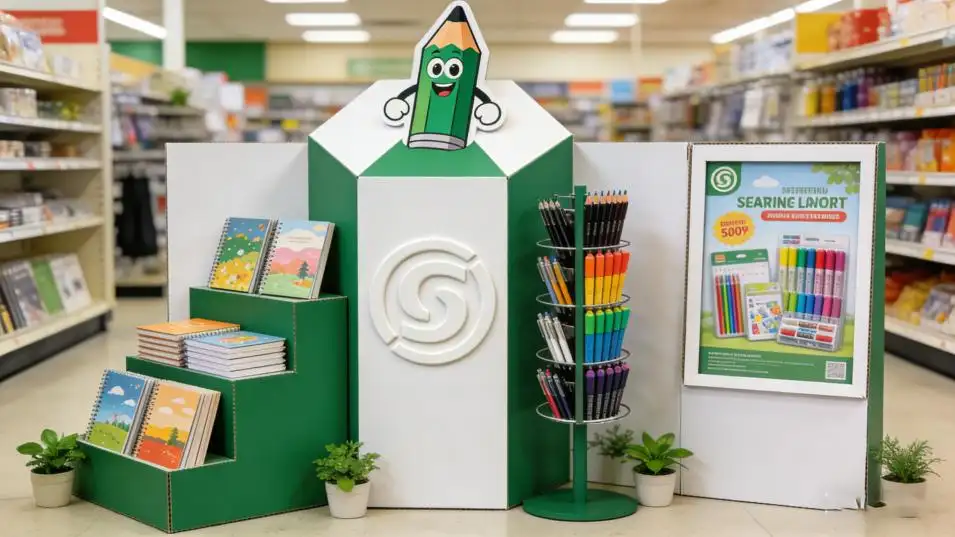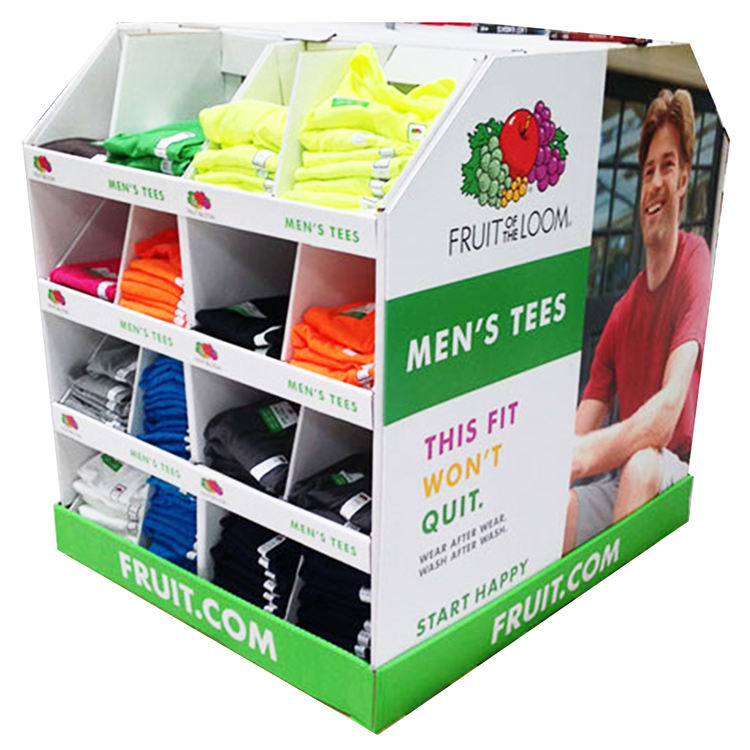Packaging, once solely a vessel for goods, has transformed into a symbol of sustainability and innovation. In this paradigm shift, paper emerges as a frontrunner, leading the charge toward eco-conscious packaging solutions that balance functionality, aesthetics, and environmental responsibility.
The Evolution of Packaging
Packaging has undergone a remarkable evolution—from single-use plastics to a diverse landscape of materials. Amid growing environmental concerns, paper has emerged as a sustainable alternative, offering versatility, recyclability, and biodegradability.
The Power of Paper
As a packaging material, paper boasts numerous eco-friendly attributes. Derived from renewable resources, it can be sourced from responsibly managed forests or recycled fibers, reducing the strain on natural resources and mitigating deforestation.
Versatility and Customization
Paper's adaptability allows for diverse packaging solutions. From corrugated boxes to molded pulp containers and innovative designs, it accommodates various shapes, sizes, and printing techniques, offering customization without compromising on sustainability.
Reducing Environmental Impact
The shift towards paper-based packaging contributes to reducing environmental harm. Its biodegradability ensures minimal long-term ecological impact, and advancements in production methods focus on minimizing energy consumption and emissions.
Innovation in Design and Functionality
Designers and manufacturers are pushing the boundaries of paper packaging, exploring innovative structures, protective coatings, and reinforcements that enhance durability, moisture resistance, and strength. These advancements expand the possibilities for paper in protecting a wide array of products.
Elevating Brand Image and Consumer Appeal
Eco-conscious consumers increasingly favor brands that prioritize sustainability. Paper packaging aligns with this ethos, offering a tangible representation of a company's commitment to the environment, thereby enhancing brand image and consumer loyalty.
The Circular Economy Approach
Embracing a circular economy model, paper packaging promotes reuse, recycling, and biodegradability. It aligns with a system where materials are reused, recovered, and regenerated, minimizing waste and closing the loop on resource consumption.
Challenges and Collaborative Solutions
Despite its advantages, challenges such as moisture sensitivity, strength limitations, and cost-effectiveness persist. Collaborative efforts among industries, researchers, and policymakers aim to address these challenges, fostering innovations and sustainable practices.
Empowering Consumer Choices
Consumers wield significant influence through their purchasing decisions. By consciously opting for products packaged in sustainable paper solutions, they encourage businesses to prioritize environmentally friendly packaging, driving market demand for eco-conscious options.
A Sustainable Future with Paper Packaging
Paper's pivotal role in revolutionizing packaging exemplifies a shift towards a more sustainable future. Its versatility, renewability, and biodegradability position it as a cornerstone in the quest for packaging solutions that prioritize both product protection and environmental preservation.
The journey towards sustainable packaging with paper at its helm represents an ongoing commitment to balance innovation, functionality, and environmental stewardship. As we embrace paper's potential, we pave the way for a packaging landscape that not only safeguards products but also nurtures our planet.





